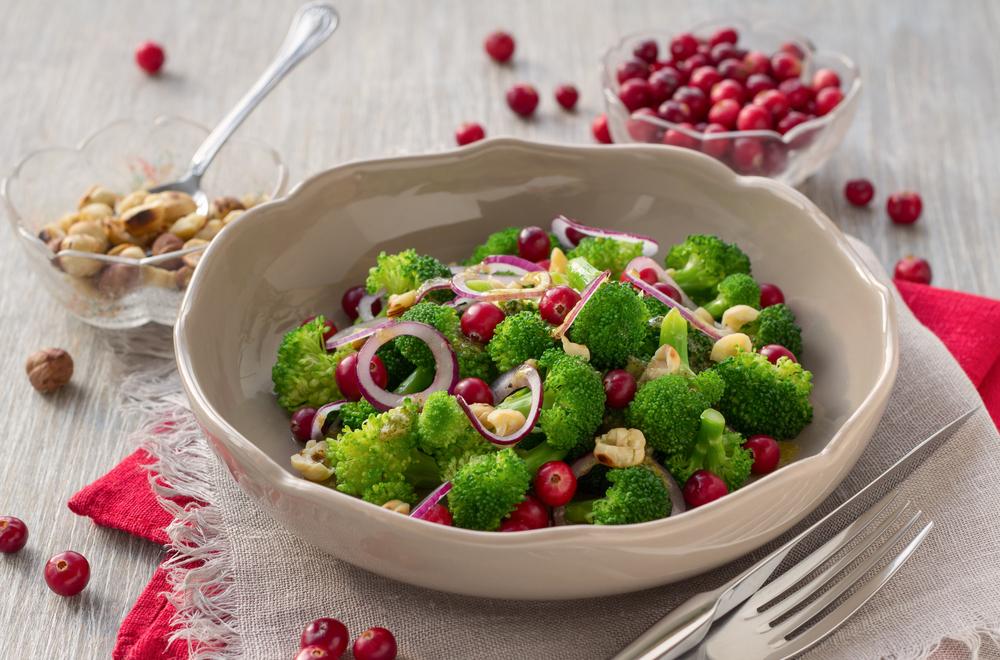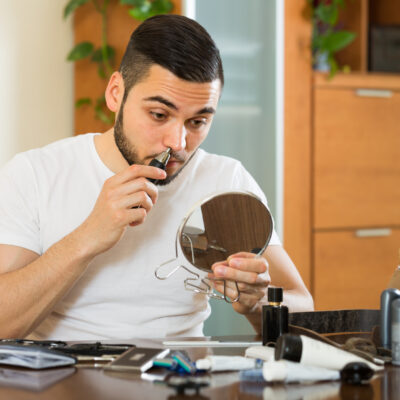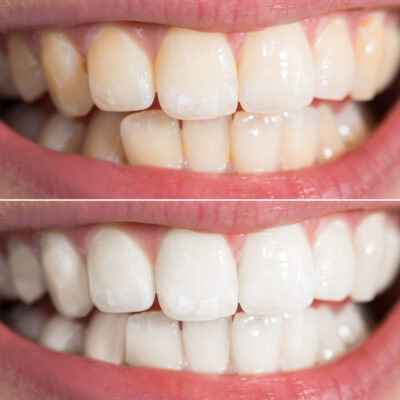
Snack tips for cancer patients
Chemotherapy, radiation, medications, and other cancer treatments are known to fight the disease, but they may also destroy healthy cells in the body, causing a variety of physical and emotional changes and resulting in weakened immunity. Treatment programs adopt a multi-disciplinary approach that also involves dietitians as diet and nutrition are also important aspects of recovery, disease-management, and well-being. A balanced and nutritious diet helps patients regain their health and strength, gain weight, handle the side effects of treatment, recover fast, improve immunity, and resume a normal routine as far as possible.
Many cancer patients find it difficult to maintain a regular schedule and/or eat a full meal. Smaller portions at more frequent intervals and snacks for cancer patients help combat loss of appetite and eating problems, as follows:
1. Appetite changes often follow cancer treatment
Appetite helps monitor the body’s energy intake and manage metabolic needs. The process is controlled by two major hormones, leptin and ghrelin, which decrease and increase hunger, respectively. Diseases like cancer and their treatment can affect a patient’s desire for food, causing fatigue and emotional distress.
2. Stress
The side effects of cancer treatment are highly individualized in nature and can vary drastically from patient to patient. Some people experience severe reactions, while others have a milder response and some experience no effects at all. Loss of appetite can also depend on the kind of chemotherapy medications prescribed, and how much and how they are consumed. Doctors can also prescribe medications to boost appetite. Loss of appetite generally lasts for about six weeks after chemotherapy.
3. Typical adverse side effects of cancer treatment
- Lack of interest in food/eating
- Changes in taste, feel, the smell of food
- Nausea and vomiting
- Diarrhea or constipation
- Difficulty swallowing
- Dry mouth
- Mouth ulcers
- Revulsion to familiar foods and cooking smells
4. Ensuring optimal food intake
Creating a suitable diet plan keeping these factors in mind can be helpful:
- Calculate daily calorie needs
- Divide this figure by the number of meals/snacks planned
- Focus on calorie-dense foods, fluids, and proteins
- Mix and match for variety and taste
- Needs and consumption abilities keep changing, so plan accordingly
- Eat favorite foods at any time, whenever hungry
- Make mealtimes pleasant and sociable
- Engage in some form of physical activity if possible
5. Healthy snack options for cancer patients
Meeting a patient’s nutritional needs during and after cancer treatment can be challenging. It’s wise to get advice and assistance from a professional dietitian experienced in oncology treatment. These snacks may help:
- High-calorie, high-protein snacks like hard-boiled eggs, saltine crackers with mayo, cheese, butter, ice-cream/enriched thick shakes, puddings, roasted nuts, granola, lean meat/fish, stewed fruit with custard/cream, yogurt, soft fruits, peanut-butter/jelly sandwiches, soups, clear broths.
- Many patients prefer all-day breakfasts for most meals instead of a regular lunch or dinner.
- Ensure hydration with warm drinks, plain water, and non-acidic fruit juices.
- Avoid spicy, very hot, uncooked/raw foods.


